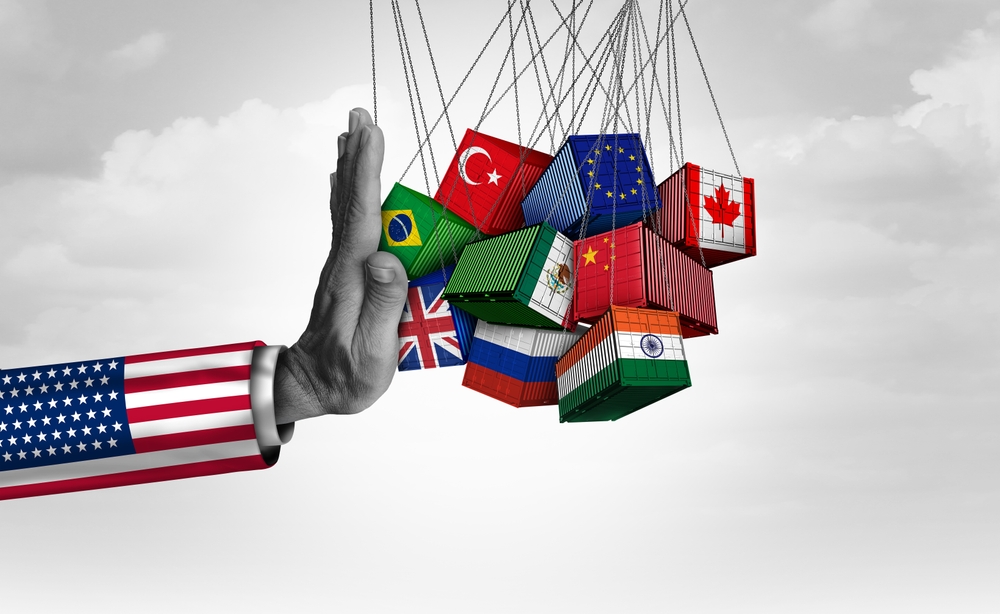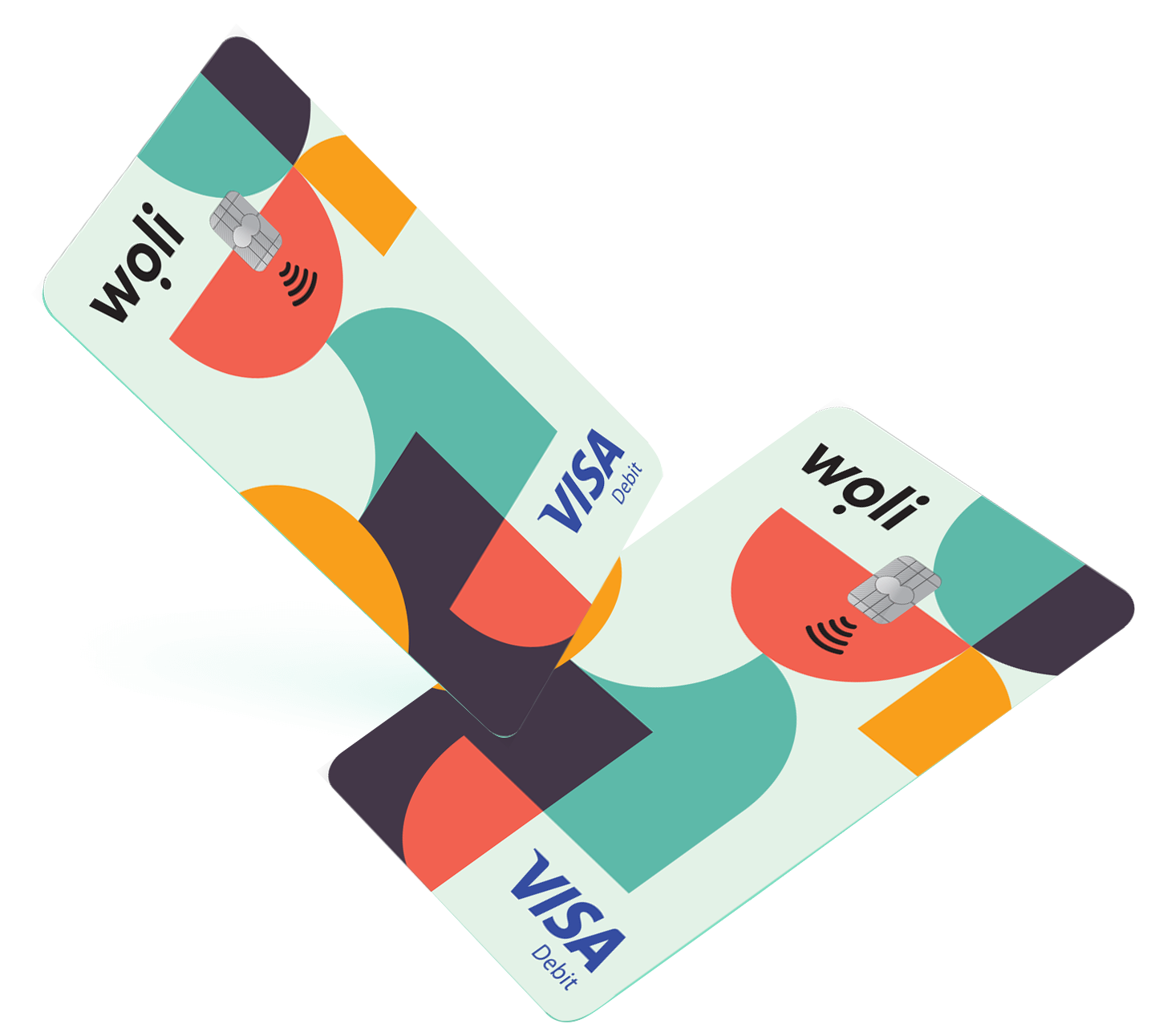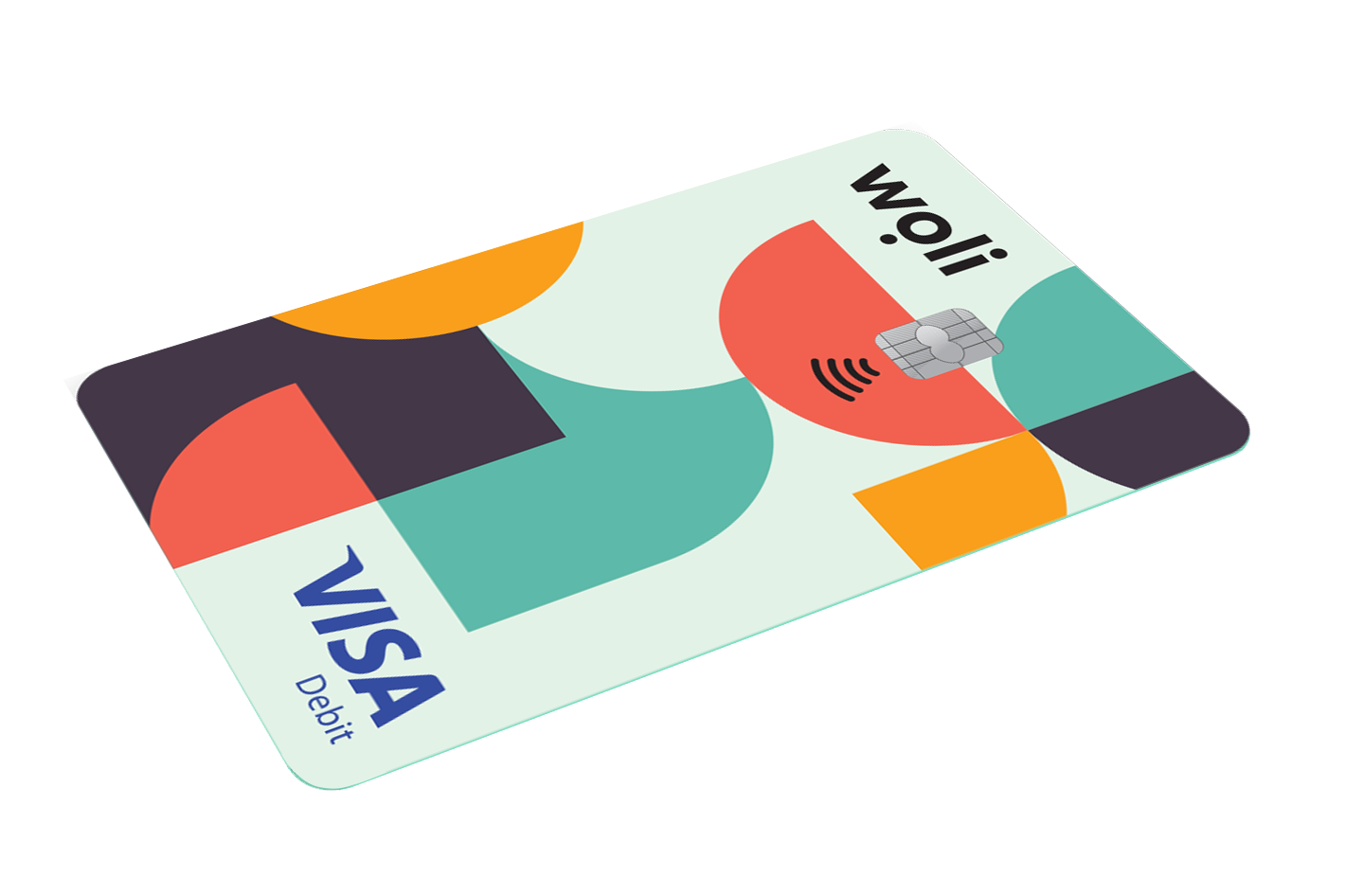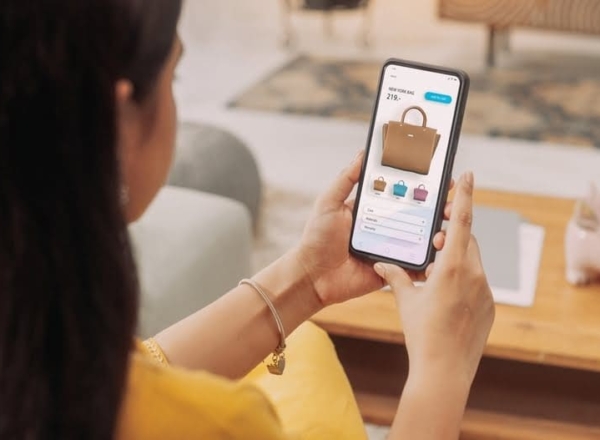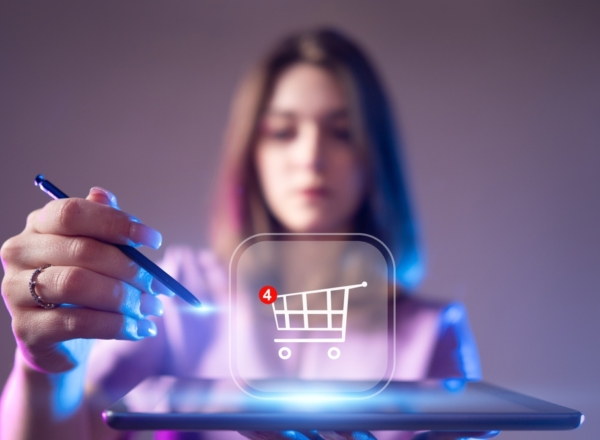When you see headlines on the news or TikTok like “Trump imposes new tariffs on Europe,” you might wonder: What exactly are tariffs? Why should I care? And how do they affect my everyday life?
Let’s break it down simply.
What Are Tariffs?
Tariffs are a special tax that a country places on products imported from other countries. This tax makes the imported products more expensive for the final consumer.
Imagine buying a smartphone made in China. If your country has tariffs on Chinese imports, that phone becomes more expensive — not because the product has changed, but because an extra tax is added during import.
Why Are Tariffs Imposed?
The main goal of tariffs is to protect the local economy. When imported products become more expensive, consumers are more likely to choose locally made products, boosting local businesses and jobs.
For example, if a country produces shoes but cheaper ones are imported from abroad, tariffs increase the price of the imported shoes and give an advantage to the local products.
Tariffs Throughout History
Tariffs have been used for centuries as an important economic tool. In the US, before the introduction of income tax, tariffs were the main source of government revenue.
Today, in a globalized world, most countries have lowered tariffs to encourage free trade. However, during times of trade tension, tariffs often return to the spotlight.
Trump’s Tariffs: What Happened in 2018
Donald Trump, during his presidency (2017–2021), followed an “America First” policy. As part of this strategy, he launched a trade war with China in 2018, imposing tariffs on hundreds of Chinese products, from aluminum to electronics.
At the same time, he also imposed tariffs on Europe, particularly on steel and aluminum. These tariffs were justified for “national security reasons” and triggered retaliation from the European Union, which imposed its own tariffs on American products like bourbon whiskey, Harley-Davidson motorcycles, and peanut butter.
What About Now? The New Tariffs in 2025
With Trump’s re-election in 2024, new tariffs were announced — targeting not only China but also the European Union.
Specifically:
-
Additional tariffs were placed on European products, such as luxury cars, agricultural goods, and certain tech devices.
-
The stated goal was to strengthen American production and reduce the trade deficit with Europe.
This move has reignited trade tensions and raised concerns about price increases on many everyday products.
Who Pays the Price?
Although it might seem that tariffs “punish” foreign countries, the reality is that the extra cost often falls on consumers. Companies importing products typically pass the added cost onto the final price.
This means we all end up paying more for smartphones, clothes, food, and other goods.
How Does It Affect Our Daily Lives?
If you think tariffs only affect governments and big companies, think again.
From your phone to your sneakers, many of the products you use daily are imported.
When tariff policies change, so do the prices you see at stores.
If tariffs are placed on computer components, your new laptop might cost €50 or €100 more. If tariffs target European food products, grocery prices could rise — often without you even realizing why.
Are There Any Benefits?
Yes — when applied wisely, tariffs can protect strategic sectors of the economy, support small businesses, and create jobs.
However, if they are excessive or politically motivated, like during intense trade wars, they can cause economic harm and market instability.
Why Should You Learn About This?
It may sound complicated, but as you grow up and start managing your own money, you’ll see how important it is to understand what’s going on in the economy. Tariffs, taxes, prices, and global trade all influence how much you can buy, how much things cost, and why.
Knowledge is power — and the more you understand how the world works, the better financial decisions you can make.
Woli Is Here to Help
Woli isn’t just a debit card or an app. It’s a tool for learning. Through Woli Academy, you can learn how money works, what spending means, why saving is important, and how economic concepts like tariffs and inflation affect your life.
Simply put, Woli helps you become financially smart — from managing your allowance to understanding the bigger picture of the global economy.
Try the Woli Debit Card and teach your child financial responsibility in a fun way! Download the Woli app on Android or iOS, follow the steps to add your child, and get 30 DAYS FREE on the premium BASIC subscription and a FREE physical Woli card!

